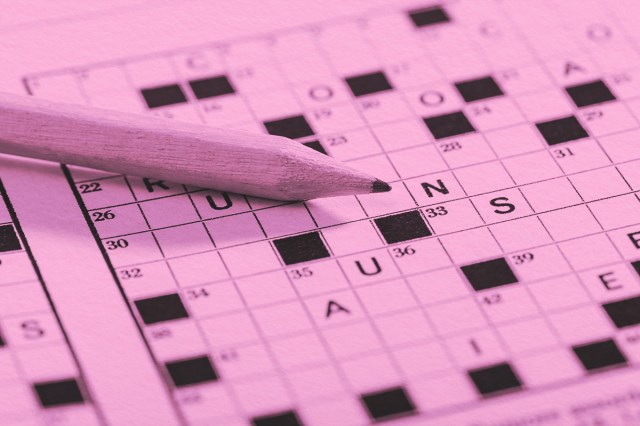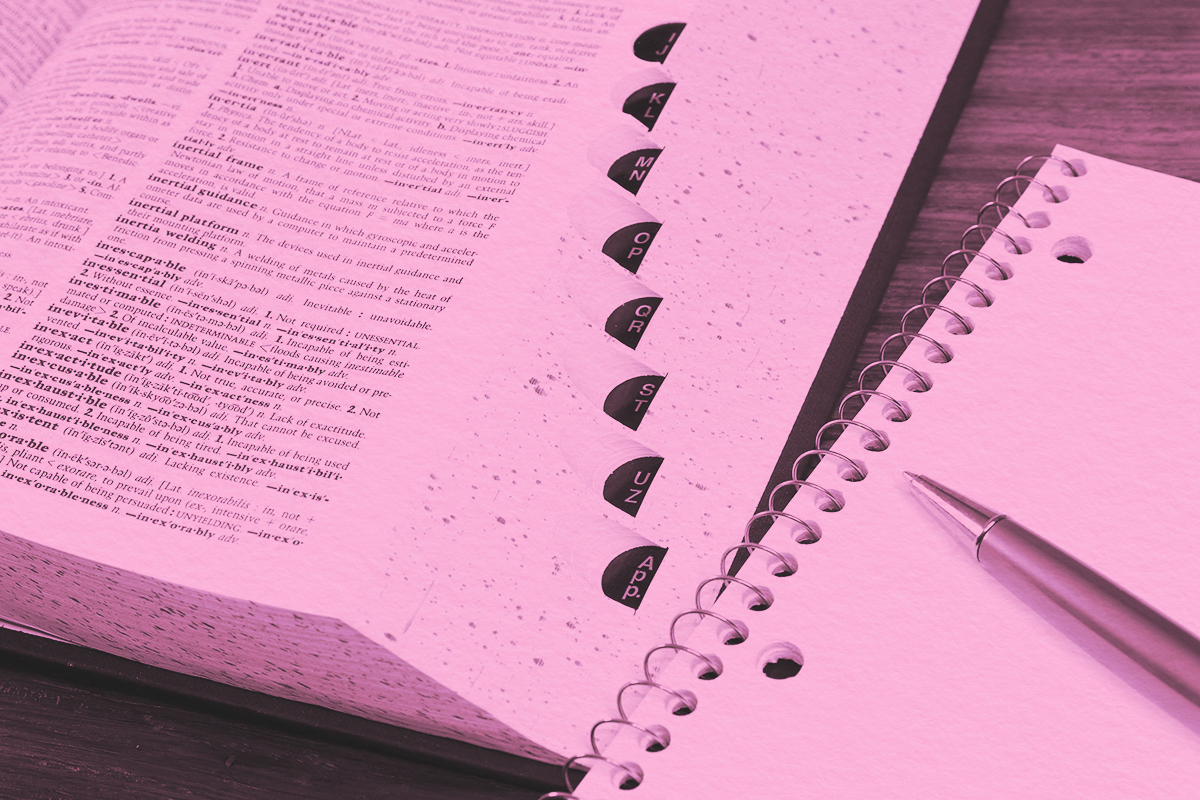
Playing Clue doesn’t make you a detective, and playing Operation definitely doesn’t make you a surgeon. But if you’ve ever played a game of Scrabble, then you can add “anagram builder” to your LinkedIn resume (hey, there’s a market for everything). An anagram is “a word, phrase, or name formed by rearranging the letters of another, such as ‘cinema,’ formed from ‘iceman.’” The English word “anagram” is a 16th-century invention that was borrowed from the French anagramme, but it has ancient traditions, evidenced by its roots in the ancient Greek ana, meaning “back,” and gramma, meaning “letter.”
Anagrams were used by Kabbalists — ancient Jewish mystics from the first century CE — as a tool for interpreting the Hebrew Bible. They believed that by rearranging certain words and phrases, you could decipher new interpretations of the actual text. This trend continued throughout Greek and Roman society, as scholars relied on the use of anagrams to decipher hidden meanings in words and names. One lasting example is the Latin question Quid est veritas? (“What is truth?”), which transforms to the anagram Est vir qui adest (“It is this man here”).
In English, “anagram” — or in this instance, “Anagrame” — appeared in a 1589 poetry treatise titled The Art of English Poesie by George Puttenham. By the 17th century, anagrams were so widely used and adored that a writer named Thomas Billon was appointed Louis XIII’s official anagrammatist (one who makes anagrams). In that role, Billon was tasked with creating anagrams that glorified the royal family, poked fun at people’s names, and prophesied future events.
Today, anagrams are largely used in the context of games and word puzzles, especially in the form of cryptic crosswords. Unlike traditional crosswords, these cryptic variants rely on clues that are word puzzles in themselves, often incorporating anagrams in order to get the right answer. Scrabble and newer online word games can be the entry point for an anagram novice to become obsessed with creating new words using a random, jumbled assortment of letters at their disposal.

















